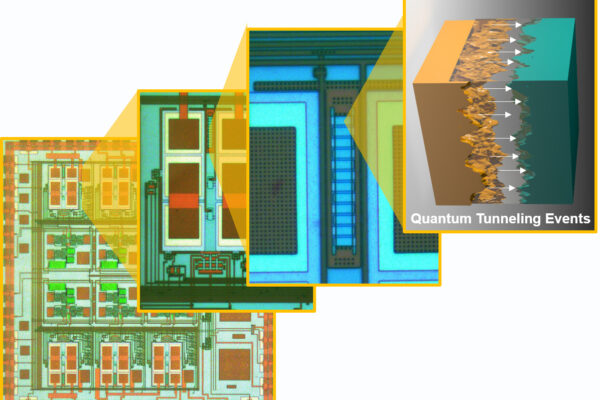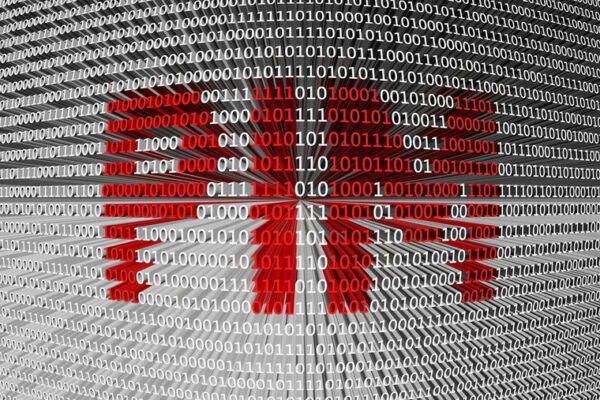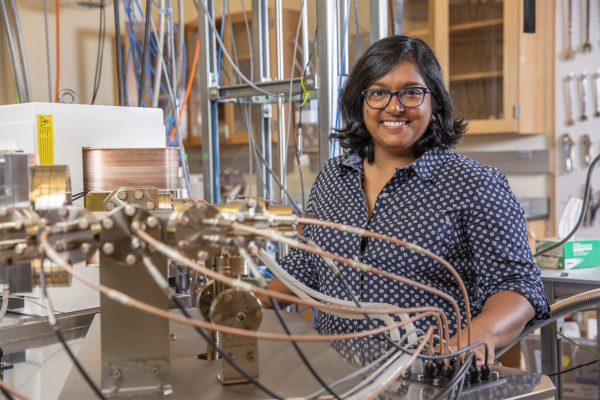Secure communication between wireless devices requires access to GPS — not to know the location of the devices, but to know when and how to communicate.
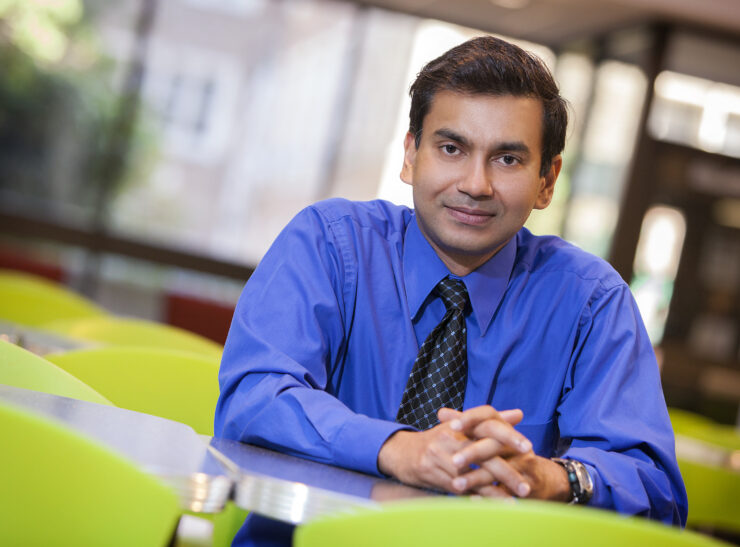
Part of modern-day encryption requires precise synchronization of devices. Currently, that’s done using GPS satellites; devices can stay in sync by pinging a satellite at regular intervals. When there is no access to GPS, or if a GPS signal is maliciously jammed or tampered with, there can be no guarantee of secure communications.
To address these encryption dead zones, Shantanu Chakrabartty, the Clifford W. Murphy Professor of electrical and systems engineering at Washington University in St. Louis’ McKelvey School of Engineering, is looking not to satellites in space, but rather inward to the quantum realm to provide precise synchronization for secure communications when GPS is inaccessible.
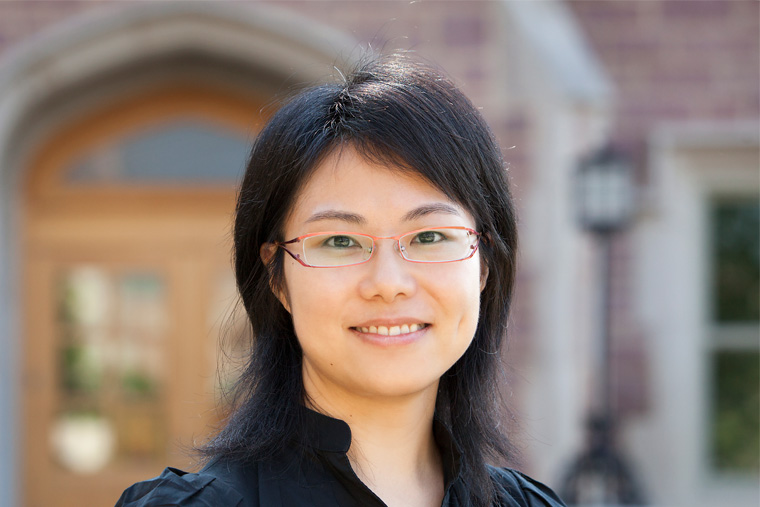
The National Science Foundation has awarded Chakrabartty, who is also the vice dean for research and graduate education at the engineering school, a $300,000 grant to use the self-powered timers developed in his lab as accurate timekeepers. To do this, he’ll need to synchronize “tokens,” 1s or 0s generated by one of nature’s few truly random number generators: quantum tunneling. Xuan “Silvia” Zhang, an associate professor of electrical and systems engineering and a co-principal investigator on the award, will use the tokens to develop a secure digital communication processor.
Synchronizing tokens on two devices will give them the randomness needed for security as well as the timing needed for effective two-way communication. In addition, the technology will be effectively self-powered, with practically zero side channels in addition to being low-cost, tamper- and hacker-proof.
This research is funded by the National Science Foundation (2237004)
The McKelvey School of Engineering at Washington University in St. Louis promotes independent inquiry and education with an emphasis on scientific excellence, innovation and collaboration without boundaries. McKelvey Engineering has top-ranked research and graduate programs across departments, particularly in biomedical engineering, environmental engineering and computing, and has one of the most selective undergraduate programs in the country. With 165 full-time faculty, 1,420 undergraduate students, 1,614 graduate students and 21,000 living alumni, we are working to solve some of society’s greatest challenges; to prepare students to become leaders and innovate throughout their careers; and to be a catalyst of economic development for the St. Louis region and beyond.
